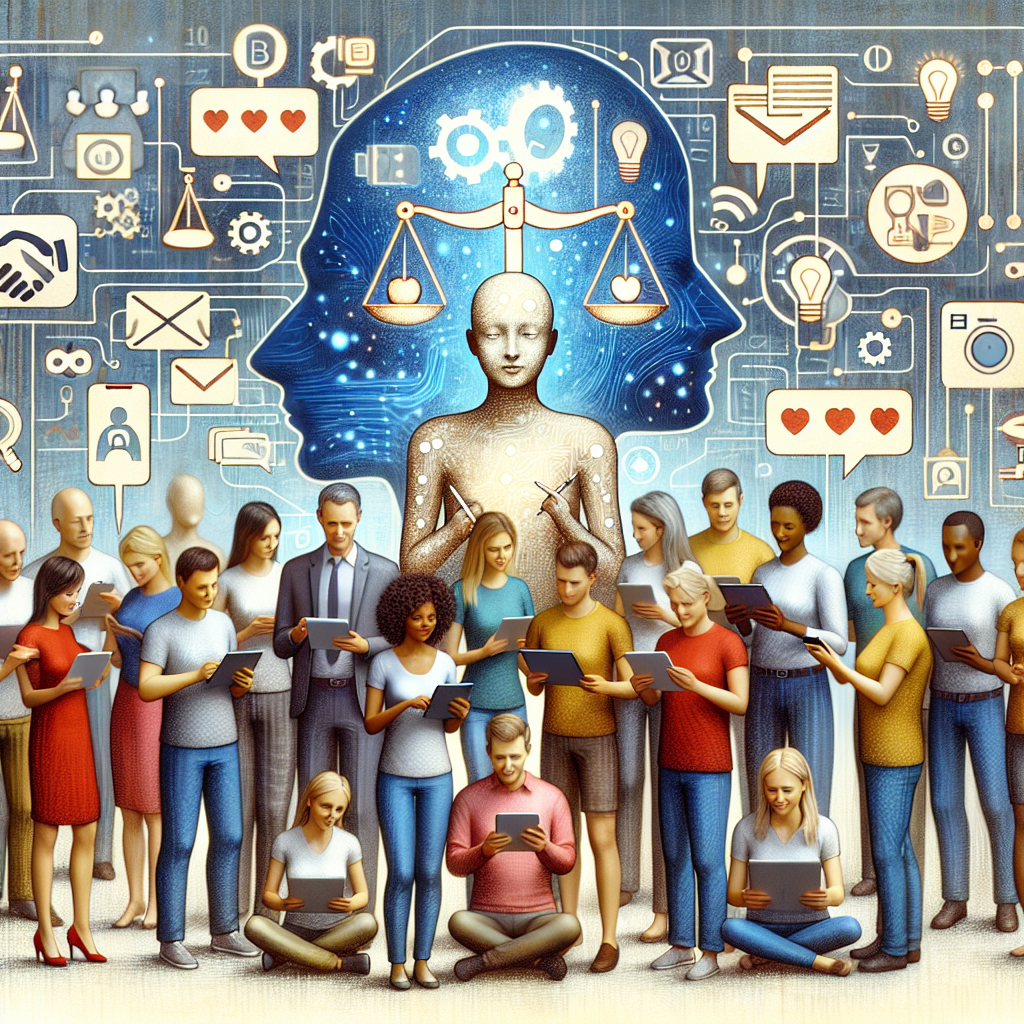In an eye-opening discussion on the burgeoning Artificial Intelligence (AI) market, Sam Altman, CEO of OpenAI, shed new light on the acceleration of advancements in AI and its implications, highlighting an unprecedented “race to superintelligence.” In his insights shared on August 8, 2025, as reported by Startup News, Altman illuminates the intensity and stakes of this technological pursuit, drawing attention to both the potential boons and the ethical quandaries it engenders.
Artificial Intelligence, once a far-fetched notion confined to the realms of science fiction, has rapidly evolved into a pivotal frontier of technological advancement. This progression, however, as Altman articulates, isn’t just a burgeoning field but a strategic race that multiple players are partaking in globally. He emphasized that the current climate in the AI talent market is the “most intense yet,” driven by a voracious demand for expertise that can navigate and further the boundaries of what AI systems are capable of achieving.
The quest for superintelligence — a form of artificial intelligence superior to human intelligence — is fraught with both promise and peril. Altman’s comments come at a time when the tech industry is grappling with the ethical implications of AI, such as privacy concerns, the potential for job displacement, and the broader socio-economic impacts. Moreover, the rapid acceleration in the field has sparked a fierce competition for talent, with tech giants and startups alike aggressively scouting for the brightest minds in AI research and development.
Altman, whose leadership at OpenAI has continually pushed the envelope in AI innovation with developments like ChatGPT, believes that the stakes of this technological race extend beyond mere corporate rivalry. The outcome, he suggests, could fundamentally redefine human life and societal norms. He cautioned that the acceleration towards a superintelligent AI must be handled with great care to ensure regulatory and ethical standards can keep pace with technological advancements.
Further complicating the landscape is the division of resources and expertise across geographic and corporate lines. The international dimension of this race means that geopolitical considerations come into play, potentially leading to a scenario where AI advancement and its benefits are unevenly distributed across global boundaries.
The implications of reaching superintelligence are profound. It could lead to monumental breakthroughs in medicine, logistics, defense, and more. However, as Altman points out, without appropriate safeguards, the march towards superintelligence could exacerbate global inequalities and generate unforeseen risks.
As the AI talent market heats up, one question that remains is how businesses, governments, and academia can collaborate effectively to guide this technology towards beneficial outcomes for society at large. How the global community responds to the challenges of managing and regulating AI development will be critical, suggests Altman. It’s a monumental task that requires proactive governance and foresight to harness the potential of AI while mitigating its risks.
This evolving narrative on AI not only underscores the rapid advancements within the field but also highlights the critical need for a balanced and measured approach to technology governance. As nations and corporations advance towards the pivotal goal of superintelligence, the journey promises to be as transformative as it is daunting.



